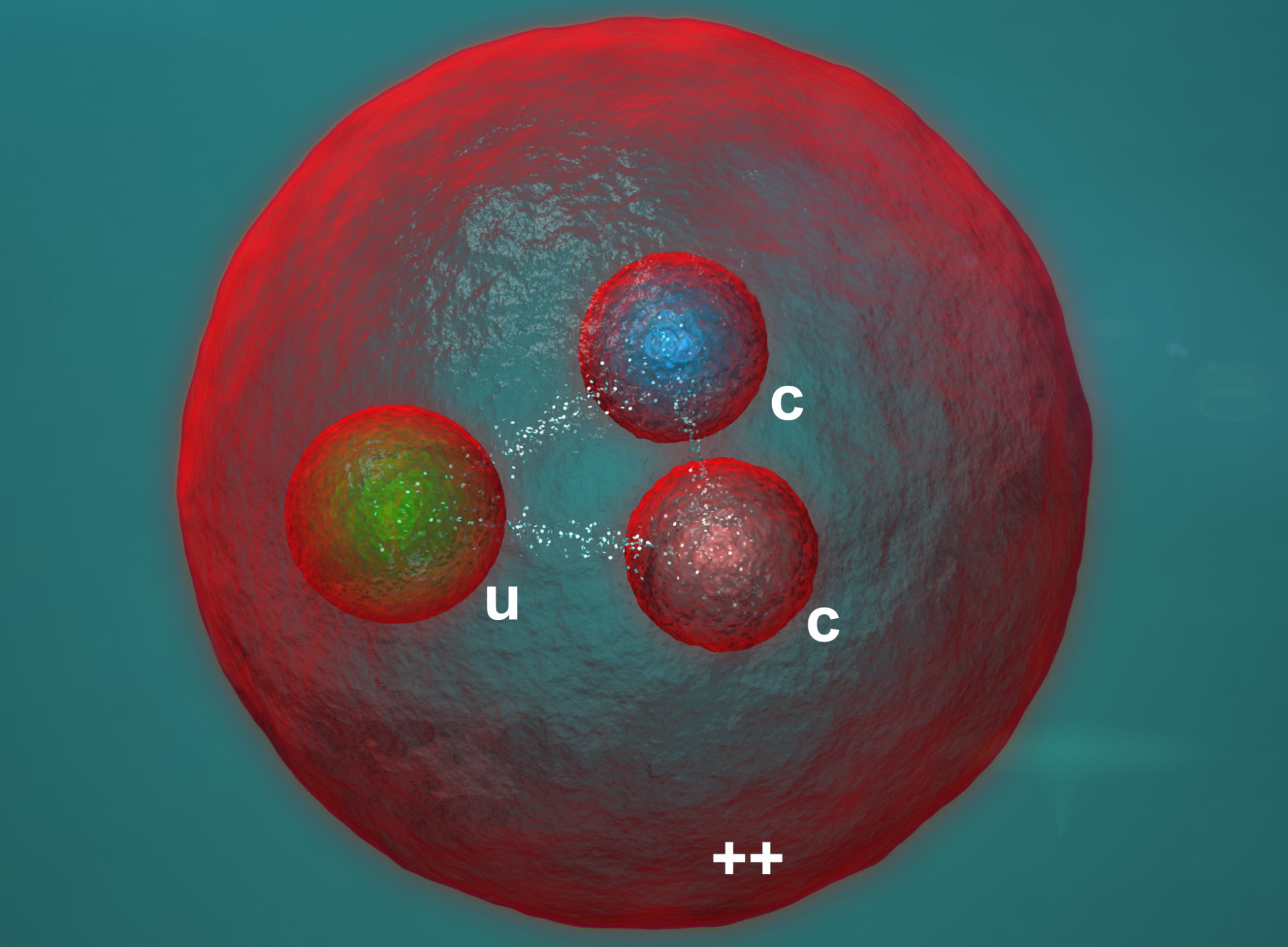
What are baryons? Baryons are subatomic particles made up of three quarks. They belong to the family of particles known as hadrons, which are held together by the strong force. Protons and neutrons are the most well-known baryons, forming the building blocks of atomic nuclei. These particles play a crucial role in the structure and stability of matter in the universe. Understanding baryons helps scientists explore the fundamental forces and particles that make up everything around us. Dive into these 35 fascinating facts about baryons to uncover the mysteries of these essential components of matter.
What Are Baryons?
Baryons are subatomic particles made up of three quarks. They belong to the family of hadrons, which are particles held together by the strong force. Let's dive into some fascinating facts about baryons.
- Baryons include protons and neutrons, the building blocks of atomic nuclei.
- The term "baryon" comes from the Greek word "barys," meaning heavy.
- Protons have a positive electric charge, while neutrons are neutral.
- Baryons are classified as fermions, meaning they follow the Pauli exclusion principle.
- The most common baryons are protons and neutrons, collectively known as nucleons.
Quarks: The Building Blocks
Quarks are the fundamental constituents of baryons. They come in different types, or "flavors," and combine in specific ways to form various baryons.
- There are six flavors of quarks: up, down, charm, strange, top, and bottom.
- Protons are made of two up quarks and one down quark.
- Neutrons consist of one up quark and two down quarks.
- Quarks are never found alone; they always pair up to form particles like baryons and mesons.
- The strong force, mediated by gluons, holds quarks together inside baryons.
Baryon Number Conservation
In particle physics, certain quantities are conserved in reactions. One such quantity is the baryon number.
- The baryon number is a quantum number representing the number of baryons in a system.
- In any reaction, the total baryon number before and after must remain the same.
- This conservation law helps explain why protons are stable and don't decay easily.
- Baryon number conservation is crucial in understanding processes like nuclear fusion and fission.
- Violations of baryon number conservation could indicate new physics beyond the Standard Model.
Exotic Baryons
While protons and neutrons are the most familiar baryons, there are many other, more exotic types.
- Lambda baryons contain one up, one down, and one strange quark.
- Sigma baryons come in three varieties: Sigma-plus, Sigma-zero, and Sigma-minus.
- Xi baryons, also known as cascade particles, contain one up or down quark and two strange quarks.
- Omega baryons are composed of three strange quarks.
- These exotic baryons are typically unstable and decay quickly into lighter particles.
Baryons in the Universe
Baryons play a crucial role in the composition and evolution of the universe.
- Ordinary matter, which makes up stars, planets, and living beings, is primarily composed of baryons.
- Dark matter, which constitutes most of the universe's mass, is not made of baryons.
- The Big Bang nucleosynthesis theory explains how the first baryons formed in the early universe.
- Baryons interact with photons, leading to the cosmic microwave background radiation we observe today.
- The distribution of baryons in the universe helps scientists study the large-scale structure of cosmic matter.
Baryon Decay and Stability
Understanding the stability and decay of baryons is essential for particle physics and cosmology.
- Protons are incredibly stable, with a half-life exceeding the age of the universe.
- Neutrons outside atomic nuclei decay into protons, electrons, and antineutrinos within about 15 minutes.
- The decay of exotic baryons provides insights into the weak force, one of the four fundamental forces.
- Baryon decay experiments aim to detect rare processes that could reveal new physics.
- The stability of protons is a key factor in the existence of matter as we know it.
Baryons in Particle Accelerators
Particle accelerators are powerful tools for studying baryons and their interactions.
- High-energy collisions in accelerators can create exotic baryons not found in nature.
- The Large Hadron Collider (LHC) has discovered new baryons, expanding our understanding of particle physics.
- Experiments at accelerators help test predictions of the Standard Model and search for new particles.
- Baryon spectroscopy involves measuring the masses and properties of various baryons.
- Particle accelerators provide valuable data on the behavior of quarks and the strong force within baryons.
Baryons: A Quick Recap
Baryons, those fascinating particles, play a huge role in the universe. They’re made up of three quarks, held together by the strong force. Protons and neutrons, the most well-known baryons, form the building blocks of atoms. Without them, matter as we know it wouldn’t exist. Baryons are part of the hadron family, sharing space with mesons, which consist of one quark and one antiquark.
Understanding baryons helps scientists unlock the mysteries of the universe, from the tiniest particles to the largest galaxies. They’re crucial in studying the Big Bang, nuclear reactions, and even the behavior of stars. So next time you think about the universe, remember the tiny baryons making it all possible. They might be small, but their impact is immense. Keep exploring, and who knows what other secrets these particles might reveal?
Was this page helpful?
Our commitment to delivering trustworthy and engaging content is at the heart of what we do. Each fact on our site is contributed by real users like you, bringing a wealth of diverse insights and information. To ensure the highest standards of accuracy and reliability, our dedicated editors meticulously review each submission. This process guarantees that the facts we share are not only fascinating but also credible. Trust in our commitment to quality and authenticity as you explore and learn with us.
